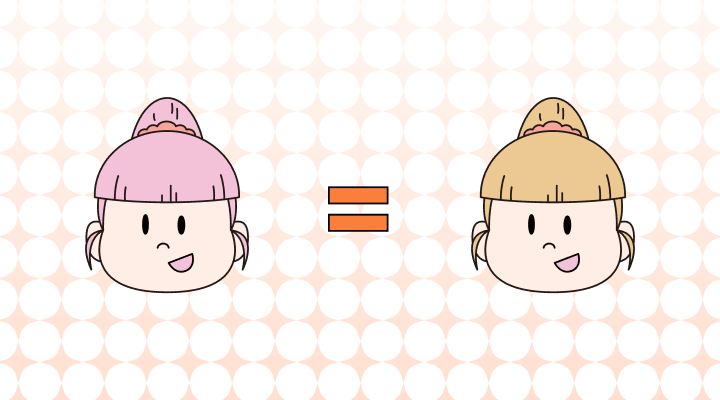"Simular" is a misspelling of "similar," which is an adjective that means having a resemblance or likeness in some way. It is used to describe people, objects, and places that share common characteristics, features, or qualities, indicating that they are alike or comparable in some aspect.
For example, suppose you are comparing two smartphones and highlighting their similarities. You might say, "These two smartphones have similar features, including high-resolution displays, fast processors, and excellent camera capabilities. They both offer a premium user experience." You are describing the traits that are alike and resemble one another and thus using the word "similar" to express such likeness.
The misspelling "simular" can also be the archaic noun that means a person who simulates or an obsolete adjective that means counterfeit or pretended. "Simular" can also be a Spanish word that means to represent something.
Why might people misspell "similar" as "simular"? The pronunciation of the correct "similar" actually sounds more like the misspelled "simular." Hence, non-native speakers of English may get confused and misspell the word with a "u" instead of a second "i.''
Example sentences
- The two paintings have similar color palettes and brushstroke techniques.
- Their clothing styles are quite similar, both favoring casual and comfortable attire.
- The siblings share similar personality traits, such as a love for outdoor activities.
- The architecture of the two buildings is similar, showcasing a blend of modern and traditional design elements.
- These two books are similar in genre and writing style, making them appealing to the same readers.
- The test results for the two groups of participants showed similar trends in terms of improved cognitive function.
- The competitors' products are strikingly similar, with minor differences in packaging and pricing.
- Both recipes are similar in terms of ingredients, but one offers a vegetarian option.
- The two cities have similar climates, characterized by mild winters and warm summers.
- The stories of the two characters are remarkably similar, each overcoming adversity to achieve success.
Want to sound like a native speaker?
Engram’s AI-powered grammar checker makes your English sound like a native speaker’s, suggesting natural English expressions on top of fixing grammar, spelling, punctuation, word order, and vocabulary.

Reference:















